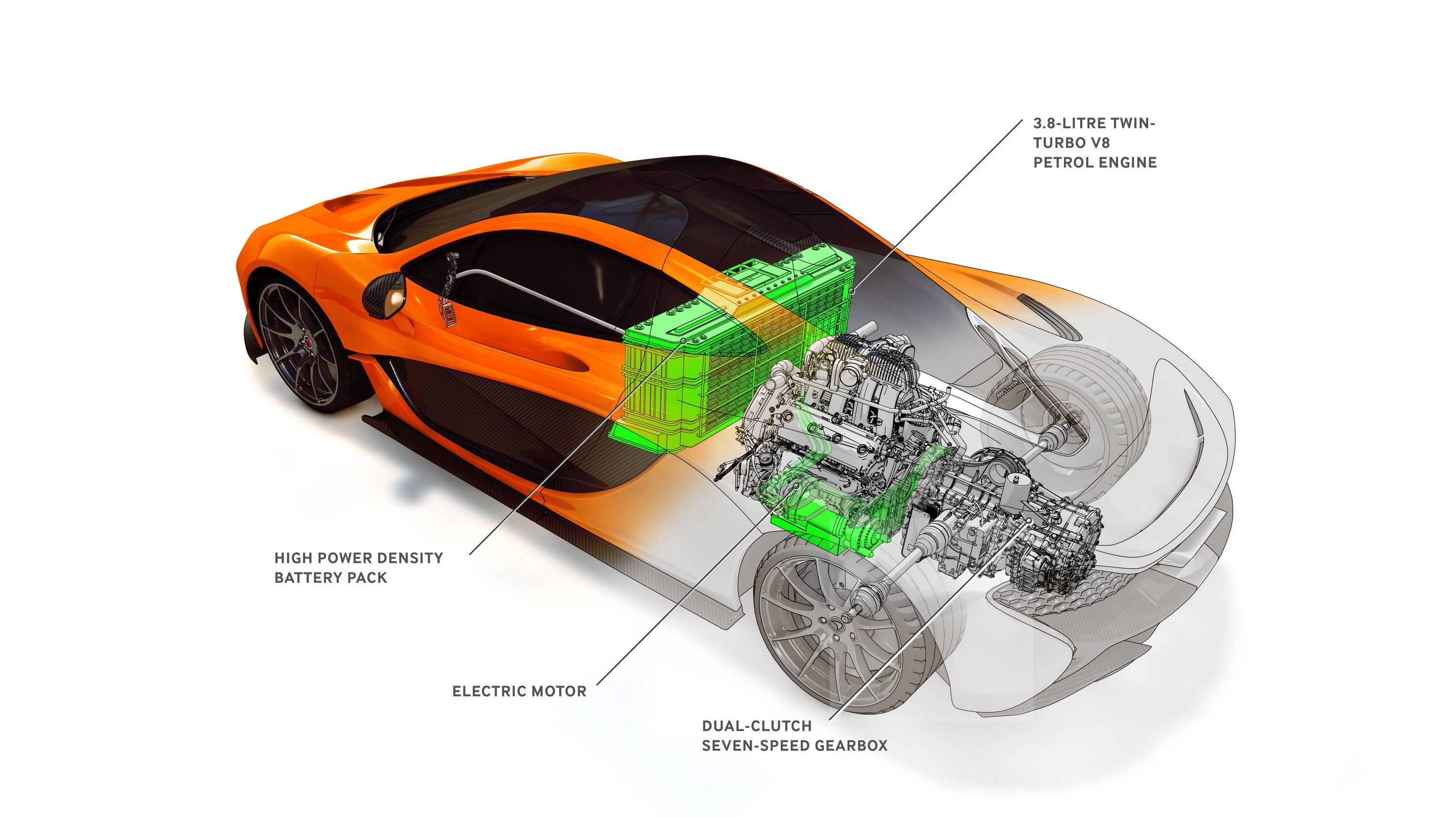British sports car manufacturer McLaren has announced a new strategic partnership to design and develop technology for its next generation of powertrains. The new project, which is part of the company's "Track22" business plan, includes six different partners, including the BMW Group.
Details are scant as of this writing, but McLaren's brief statement on the matter talks about "new combustion technology that will deliver a higher output per capacity than currently possible." The British brand also aims to further reduce CO2 emissions, while simultaneously increasing engine output.
Supported and partly-funded by the British Government through the Advanced Propulsion Centre (APC), the collaboration also includes Ricardo, McLaren's existing engine manufacturing partner. Grainger and Worrall will join in to deliver complex, lightweight casting technology, while Lentus Composite will contribute knowledge in specialist composite structure. Finally, the University of Bath will bring its advanced research and development capabilities in internal combustion engine systems efficiency.
"This is an exciting project that plays to the strengths of all partners. McLaren Automotive has an exceptional reputation for building the world’s finest engines, as showcased by our M838T and its previous category wins in the International Engine of the Year awards. We will continue to independently design and build our own engines, and the benefits of this project will help us accelerate the development of our next generation of powertrain," said Mike Flewitt, CEO of McLaren Automotive.
The result of this collaboration will most likely motivate all future McLarens, including the successor to the P1 supercar and the next-generation Super Series.
Continue reading for the full story.
Why it matters
While it's far from surprising that McLaren is working on a brand-new powertrain, which will also include a hybrid setup, the fact that the Brits teamed up with so many companies is big news, especially for such a small automaker. Of course, McLaren will benefit greatly from this cooperation, which should deliver faster and more powerful sports cars that, at the same time, are also significantly more fuel efficient. This project should also spawn the first full-fledged hybrid drivetrain wearing the "McLaren" badge. Hopefully it will return more than 100 miles per charge, which would be tremendous for a sports car that can hit 60 mph from a standing start in less than three seconds.
Also, this collaboration could also benefit the BMW Group. Although there's no specific information at this point, BMW will probably be able to use the technology in a sports car of its own, or even modify it for use in more usual BMW and Mini vehicles.
This isn't the first time BMW and McLaren are working together on a drivetrain. It first happened in the early 1990s, when Gordon Murray approached the German firm, following a refusal from Honda, to develop the engine for the F1 supercar. The M division created the S70/2 engine, a heavily modified version of the powerplant created for the 8 Series coupe. Capable to deliver 618 horsepower, the 6.1-liter V-12 helped the F1 become the fastest production model, as well as win the 24 Hours of Le Mans. In the late 1990s, the same engine propelled the BMW V12 LMR to victory at Le Mans.

